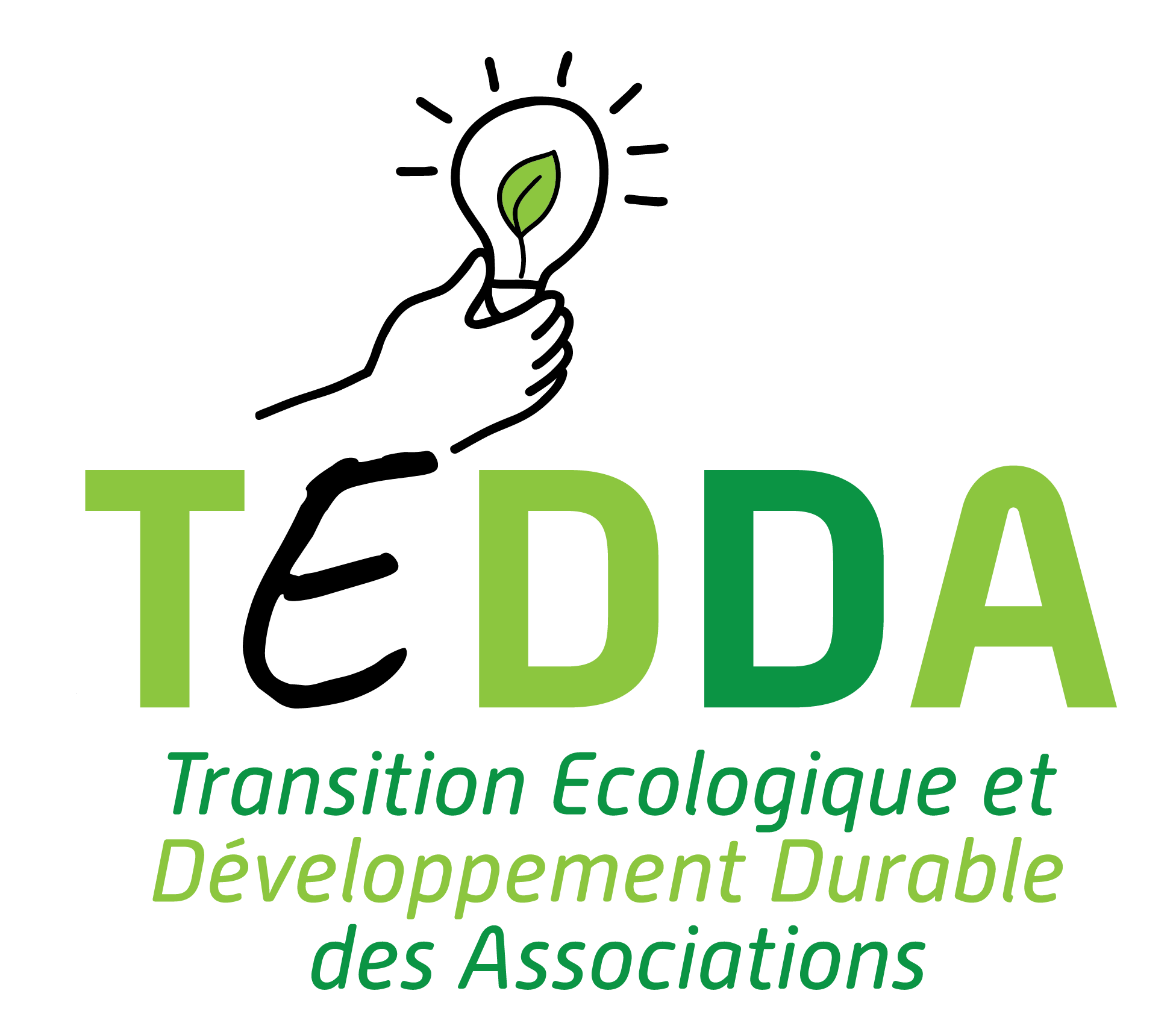
07 Dec Eco-anxiety « New disease of the century »
The recent heat waves, droughts and wildfires across Europe and the world led to an increasing awareness of the stakes surrounding global warming, and the need to take action urgently. They were associated with a proliferation of warning signals, most notably from scientists : the last IPCC report informs us, for example, that with the current rate of economic development, global warming could reach 2.7°C by the end of the century! (1)
This wake-up call from a growing part of the population, particularly from the younger generation, brought up a relatively recent notion : eco-anxiety.
Defined as “the new disease of the century” (2) eco-anxiety was defined in 1996 by Véronique Lapaige, then studying populations’ reaction to the planet’s big turmoils (global warming, pollution, species extinction…)(3).
More and more people define themselves as eco-anxious, and the concept today is the subject of growing media exposure. In this article, we will try to shine a light on that notion.
What is eco-anxiety?
Eco-anxiety, contraction of the words “ecology” (the science that studies the relations between living beings and their environment, along with other living beings) and “anxiety”, is mentioned in anglo-saxon literature as “a feeling of preoccupation, worry, anxiety and anguish felt by certain people, caused by turmoil or threats on the environment, linked in particular to global warming”.
More and more people define themselves as eco-anxious, and the numbers speak for themselves : in France, global warming is part of the populations’ main concerns, and this has increased strongly over the past twenty years (4). This assessment is added to a strong uncertainty regarding the possibility of limiting global warming (for about two-thirds of French people), and weakened trust in our societies’ capacity to adapt to climate change. (5)
From simple concerns to pathological panic, everyone can be affected differently. Many testimonies report deep suffering and heavy symptoms : memory loss, depression, anxiety attacks… The consequences of climate change (whether visible or anticipated) produce for those affected emotions ranging from sadness to despair and anxiety, and can be at the source of severe socially incapacitating mental issues.
False twin of eco-anxiety, solastalgia does not refer to a concern surrounding the anticipation of a future scenario linked to climate evolution. It is a sort of nostalgia (or melancholy) caused by the destruction of a place that is very dear to us, or to witnessing an animal or vegetable species, or any other familiar otherness, mistreated. This term was invented in 2003 by Australian environmental philosopher Glenn Albrecht. Solastalgia is the emotional expression of the link between the distress of past and present ecosystems, and psychological distress. (6)
Eco-anxity, a middle-class fad ?
This bias carries the preconceived notion that environmental concerns are a rich people problem. However, minorities are particularly affected and worried, since the most vulnerable populations will be the most exposed to the effects of global warming. Indeed, women, non-white people and poorer people feel a greater sentiment of environmental urgency than the general population.
In addition, younger people, having increased access to information surrounding climate change (through school and social media, mostly), even when they don’t necessarily know the mechanisms or political causes, know the harmful effects climate change produces. 80% of them say they are concerned by the climate, and 60% of them are extremely anxious. (7)
From individualized anxiety to anger
The emotions caused by the environmental catastrophe therefore have an effect on physical and mental health. One should however refrain from limiting eco-anxiety to a disease that should be dealt with on an individual scale. This would mean holding individuals accountable, and hiding the systemic aspects of climate change, and therefore of eco-anxiety, but also considering that it could be healed through care or medication, and not through a transformation of our societies and consumption habits.
Yet, if we need to be concerned about the psychological suffering caused by climate change, we should also remind ourselves that we are not condemned to immobility. One can, at the same time, be depressed and angry, and also perform actions of care, and fight against the causes of climate change. People affected by eco-anxiety can go from eco-anxiety to eco-anger, which can generate, individually and collectively, action, political engagement and non-profit activism.
Neuroscientist Samah Karaki, who came to the Centre Ressources du Développement Durable (CERDD : Resource Center for Sustainable Development) in June 2022, explains that it is our capacity to exploit emotions that sets us in motion. According to her, environmental organizations can guide that anger, once everyone has knowledge and culture of the environmental urgency.
Conclusion
In conclusion, we might say that while still poorly known, eco-anxity is a disorder that should be taken seriously. This turmoil is real, in the face of a climate risk that seems more and more tangible and threatening for a large part of the global population.
One shouldn’t either transform this anxiety into a purely mental health issue : for many researchers, it is a valid, sane, even necessary reaction to environmental threat, which leads to action. Take for example the Fridays for the Future movement among young people, but also multiple collective action initiatives, notably within our non-profit organizations.
Footnotes
(2) https://www.nationalgeographic.fr/sciences/2020/04/leco-anxiete-le-nouveau-mal-du-siecle
(3) Íbid
(4) Source : Baromètre 2021, IRSN, https://www.irsn.fr/FR/IRSN/Publications/barometre/Documents/IRSN_Barometre_2021-graphiques.pdf
(5) Social representations of climate change: 22nd wave of the barometer, Agence de la transition écologique (ADEME), October 2021
(6) https://reporterre.net/Deprime-par-la-crise-climatique-Voici-comment-soigner-l-eco-anxiete , https://lelephant-larevue.fr/evenements-et-presse/leco-anxiete-une-reponse-adaptative-aux-desordres-du-monde
(7) https://www.nationalgeographic.fr/sciences/2020/04/leco-anxiete-le-nouveau-mal-du-siecle
(8) According to a study carried out by a team of British researchers who surveyed 10,000 young people aged 16-25 in 10 different countries https://papers.ssrn.com/sol3/papers.cfm?abstract_id=3918955
(9) https://fridaysforfuture.org/
Sources:
French:
https://www.jean-jaures.org/publication/eco-anxiete-analyse-dune-angoisse-contemporaine/
https://www.nationalgeographic.fr/sciences/2020/04/leco-anxiete-le-nouveau-mal-du-siecle
Socialter, « Etes vous éco-anxieux ? », octobre-novembre 2022
Spanish:
https://www.iberdrola.com/compromiso-social/que-es-la-ecoansiedad
English:
https://www.bbc.com/news/world-58549373
To go further:
http://agissons.ovh/portfolio-item/leco-anxiete-saison-2-episode-2bis/




